
If you have ever had a bad bout with plantar fasciitis, then you know how painful it can be. Plantar fasciitis is one of the most common foot conditions commonly seen by doctors, and it is a problem that causes pain and swelling in the heels, arch area, and bottom of the feet. Like other foot-related conditions, plantar fasciitis also involves various treatments that are not discussed excessively because there isn't much information. These include stretches, a change in footwear, and stretching for people with jobs that need them to have their feet on their desks for long hours.
What Is Plantar Fasciitis and Causes?
Plantar fasciitis is a common condition that results in pain under the foot's heel. The plantar fascia is a thick band of tissue that extends from your heel to the base of your toes. It supports the arch of your foot and helps you walk. Plantar fasciitis is an inflammation of this tissue that causes pain in your heel and arch.
Located between the heel bone and the ball of the foot, the plantar fascia is a thick ligamentous connective tissue. By holding the foot upright, this tissue helps maintain its arch. Additionally, it is one of the primary sources of weight transfer across the foot when walking or running. Consequently, the plantar fascia is put under a great deal of strain.
Plantar fasciitis is common, and let's look at some risk factors (causes):
- Age: Plantar fasciitis is most common between ages 40 and 60.
- Occupation: People whose jobs involve standing for long periods are at higher risk for plantar fasciitis.
- Overweight and obesity: Excess pounds put extra stress on your plantar fascia, particularly if you carry the weight around your abdomen rather than your hips and thighs.
- Exercising: Exercise, particularly running, dancing, aerobics, or stair climbing.
- Foot mechanics: Having flat feet, high arches, or an abnormal walking pattern can affect the way weight is distributed when you're standing and put added stress on the plantar fascia.
Symptoms and Complications
Plantar fasciitis commonly causes pain in the morning or after getting up from sitting down for long periods. The condition can be disabling, but it's usually temporary. A few simple treatments often help relieve the pain.
Some people with plantar fasciitis have foot pain when they walk, others have pain when they stand, and still, others have pain all the time. The condition can cause severe foot pain in some people but only mild discomfort in others. Some forms of arthritis can also cause similar symptoms. Still, plantar fasciitis generally causes specific areas of tenderness on the bottom of your heel, and arthritis tends to cause more generalized areas of tenderness.
Plantar fasciitis is one of the most common orthopaedic complaints related to the foot and ankle.
There are no laboratory tests to diagnose plantar fasciitis. To diagnose this condition, your doctor will ask you questions about your past health and symptoms, as well as examine your heel and foot.
Your doctor may also request the following tests:
- X-ray images: Rule out other causes of heel pain, such as bone spurs or stress fractures
- Ultrasound imaging: Collect real-time images of the fascia in motion
- MRI scan: Create detailed images of bones and soft tissues
Treatments
If you're experiencing pain from plantar fasciitis, try these home remedies.
- Rest
Cut back on activity. This is probably the most important thing you can do to treat plantar fasciitis. If you don't rest, your foot won't heal properly and become more painful. Try to avoid walking as much as possible for a few days. Also, stay off your feet when you do walk. For example, instead of standing in line at the grocery store or mall, sit down if possible.
- Ice
Place an ice pack or bag of frozen peas on your heel for about 20 minutes three times a day. Or take a bottle of water (about 16 ounces) and freeze it; roll your bare foot back and forth over it for about 15 minutes twice daily. Don't apply ice directly to your skin; wrap it first in a towel or cloth.
- Custom foot orthotics or shoe inserts
These are specially designed shoe inserts that support the arch of the foot. They may be prescribed by a specialist such as a podiatrist or an orthopedist.
- Shock-absorbing insoles
These pads may provide additional cushioning to absorb the shock and pressure when you walk on your heels after prolonged periods of standing or sitting. Over-the-counter heel cushions, such as silicone heel pads or fiber pads, can also reduce strain on your heel and decrease pain in your Achilles tendon (at the back of your ankle).
- Night splints
A night splint is worn at night to keep the plantar fascia stretched for an extended period while you sleep. This method helps stretch the fascia ligament to minimize morning stiffness if you have difficulty stretching your feet upon waking up in the morning. This type of treatment is not advised for those without any morning stiffness.
- Foot Massagers
You can use a foot massager to help relieve the pain from plantar fasciitis. Find one with a heating option, such as these two-foot massagers at Foot King - Shiatsu Foot Massager with Heat and Foot Stimulator with Heated Kneading.
A foot massager is a good idea if you spend most of your day on your feet or have a job that requires standing for long periods. It will help relax tense muscles and improve circulation in your feet, easing pain and discomfort.

Conclusion
There are many ways in which you can help yourself alleviate the pressure that is being placed on the plantar fascia. By taking into account what has been discussed above, you should be able to do everything required to get rid of your issue and start living a life free of this problem. It may well be as simple as making sure that you are wearing good-quality shoes, but more often than not, it will also require you to take action to reduce the strain being placed upon your heel



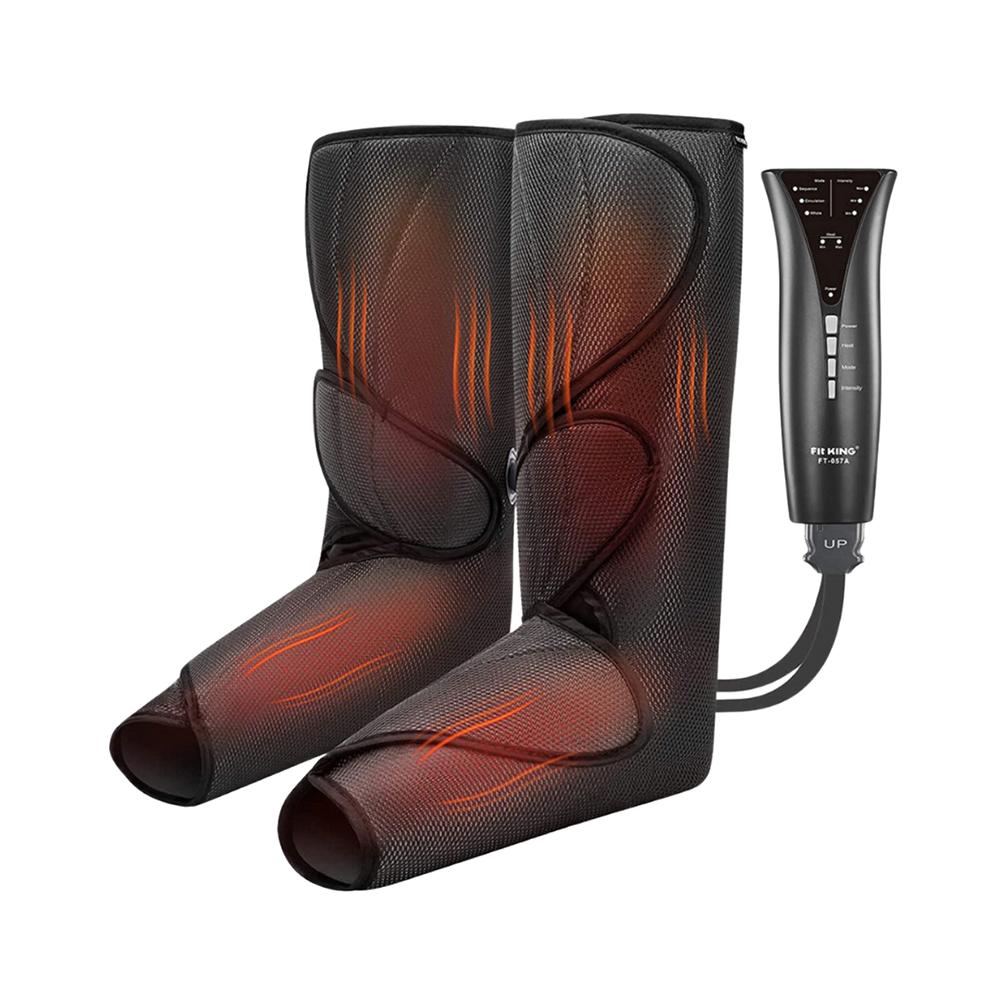

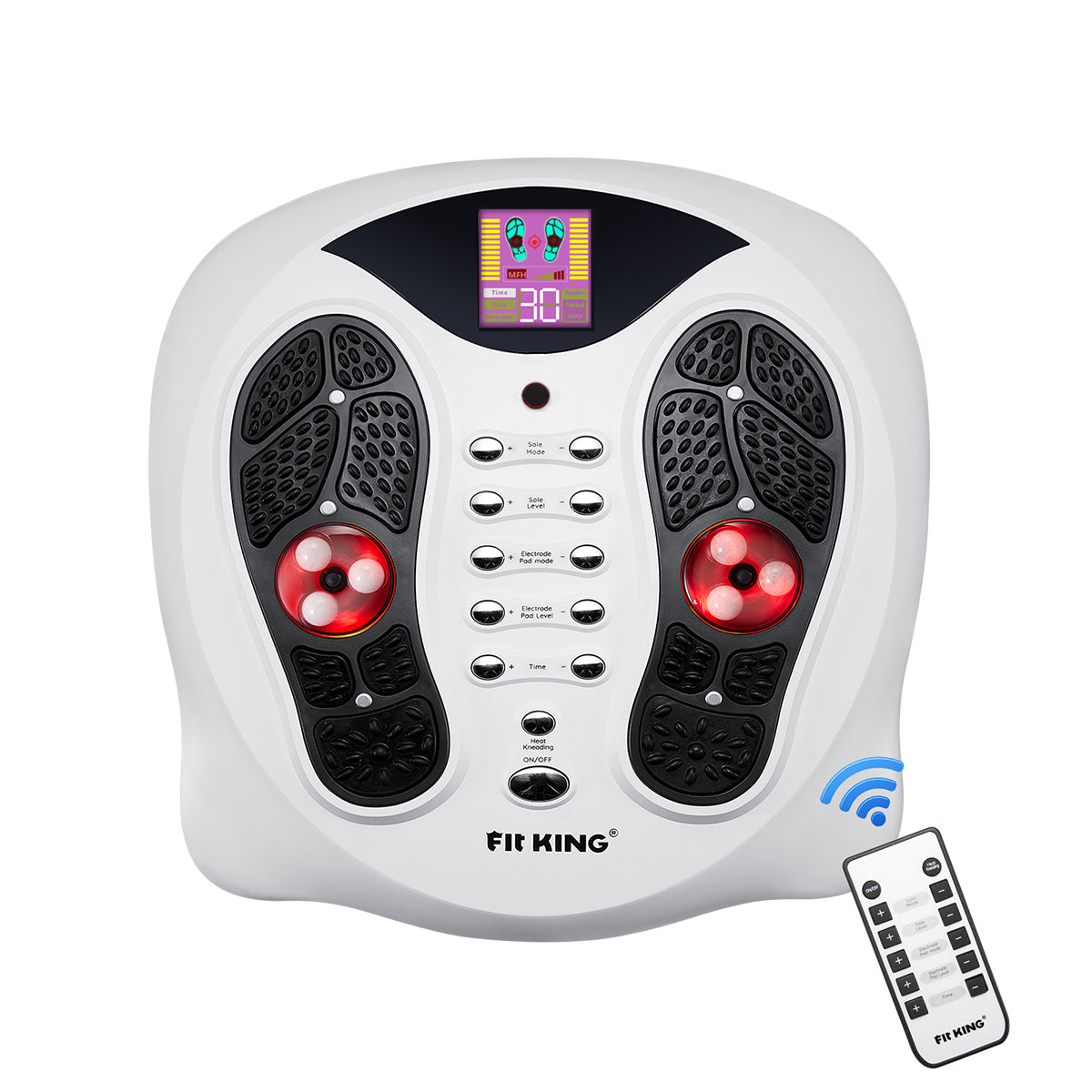
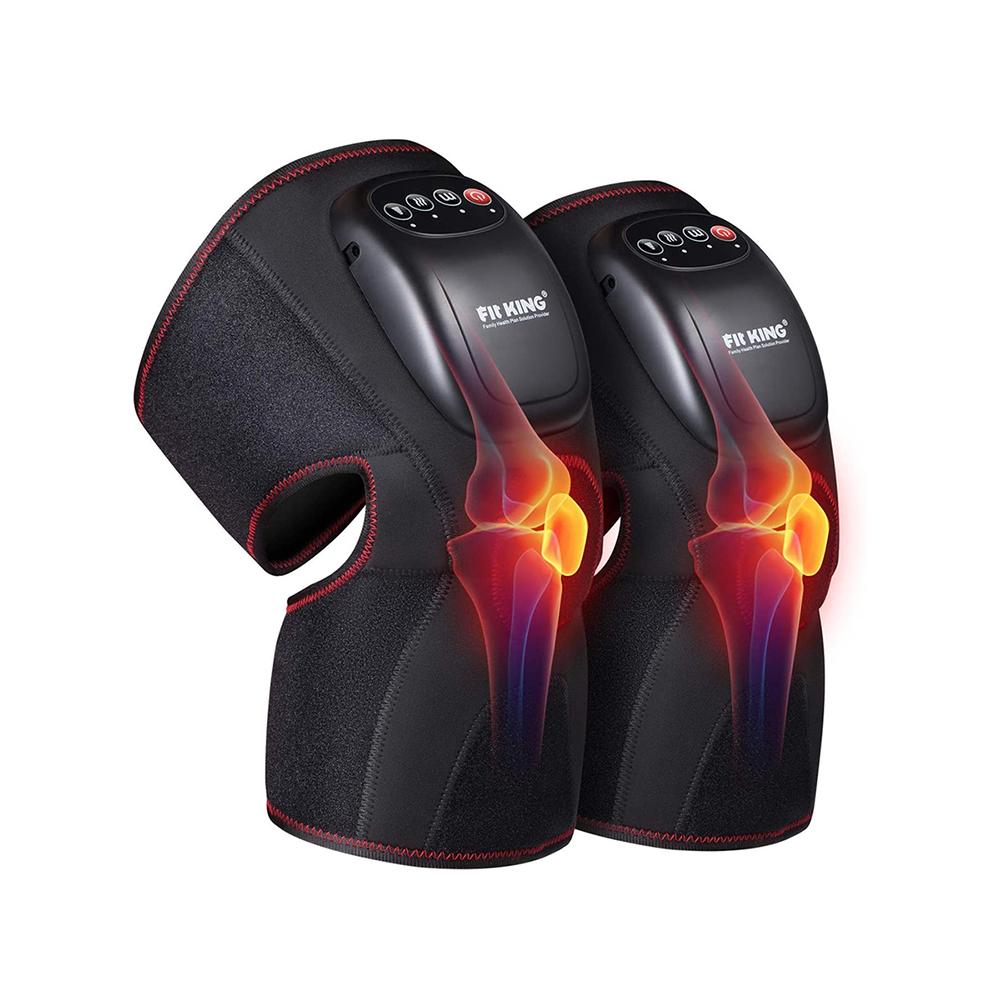
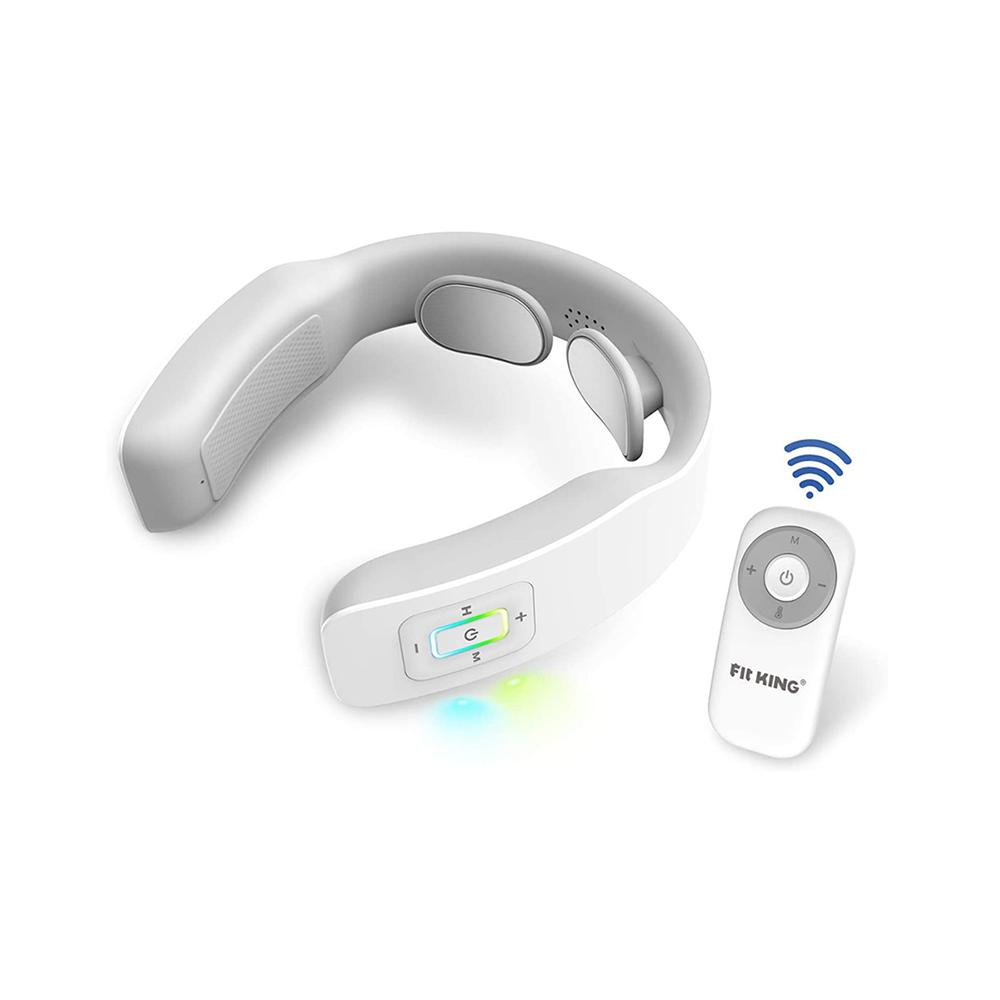
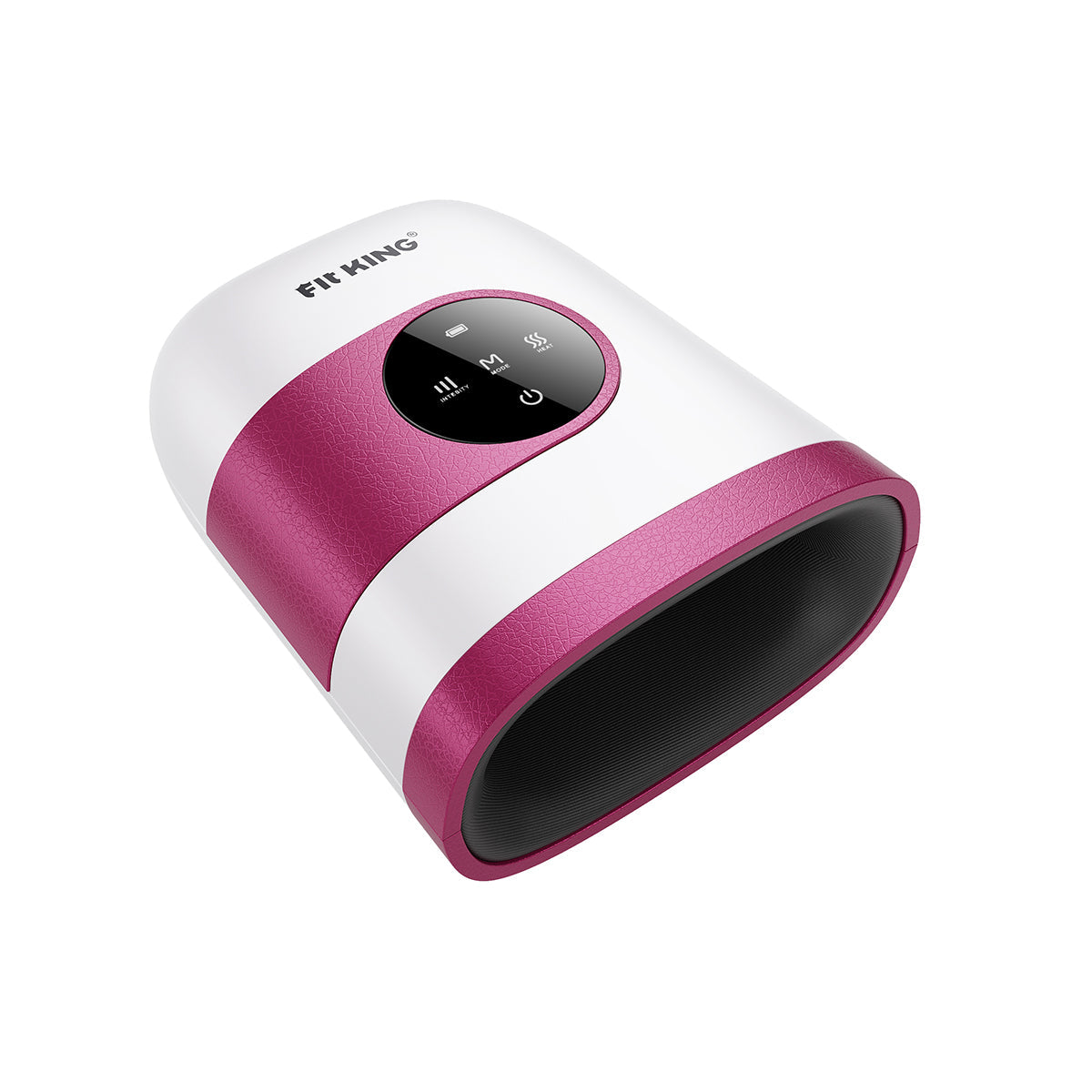


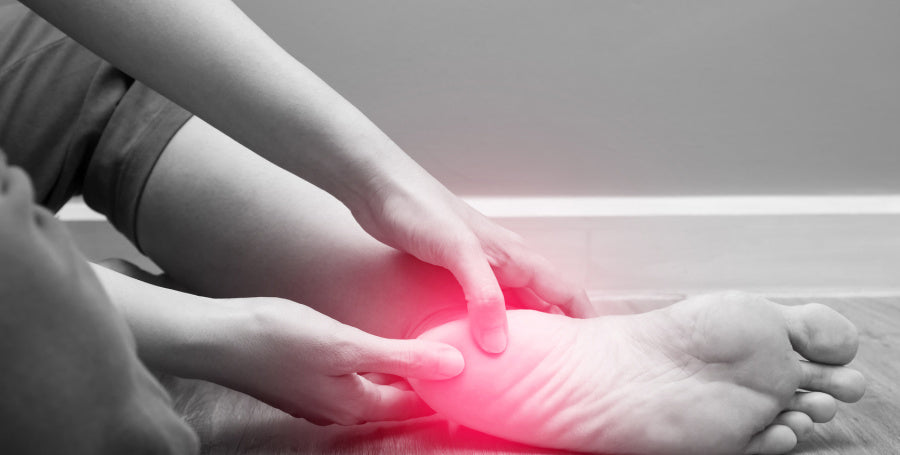
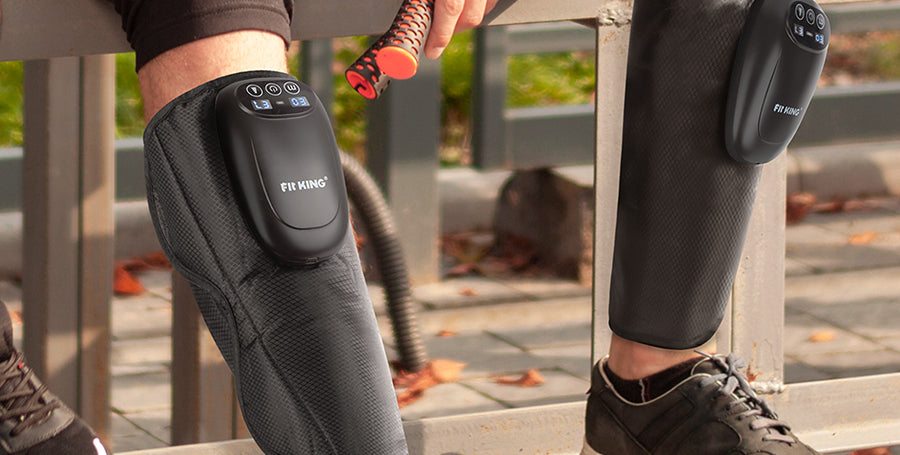

Leave a comment
This site is protected by hCaptcha and the hCaptcha Privacy Policy and Terms of Service apply.